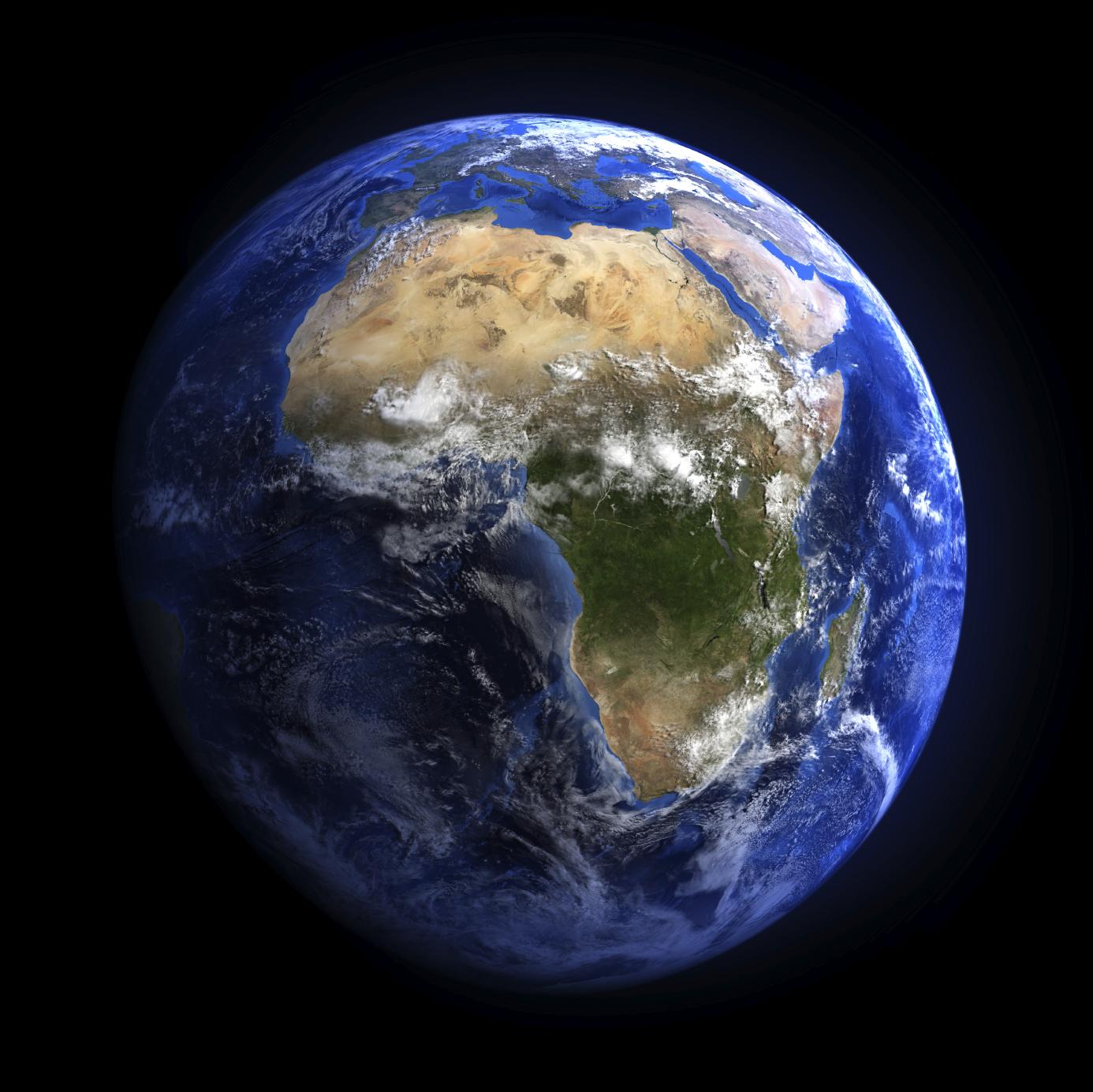In what global health officials are calling an important new finding about Zika virus, genetic sequencing has implicated the Asian type now spreading in the Americas—not the African strain as originally thought—in Cape Verde's outbreak, marking the first detection in the African region and putting the threat at its doorstep.
Scientists at the Pasteur Institute in Dakar performed the sequencing tests that confirmed the Asian source of Cape Verde's outbreak and said it was probably imported from Brazil, the World Health Organization (WHO) said today in a statement.
Identification in an African country of the strain troubling the Americas also raises a host of new scientific questions, such as whether exposure to the African Zika strain, which has been in the region for several decades, affords that continent’s population any protection against the type fueling the Americas’ outbreak.
Matshidiso Moeti, MD, director of the WHO's regional office for Africa, said at a media briefing today that Cape Verde's Zika outbreak began in October 2015, with 7,557 suspected cases reported, 180 of them in pregnant women. Three Zika-linked microcephaly cases had earlier been reported in the island nation, about a 1-hour plane ride from Senegal.
Cape Verde's outbreak has peaked and weekly case totals now are in the single digits, she said.
Detection ramps up response in Africa
Identification of the Americas’ outbreak strain in the African region is triggering enhanced surveillance and strengthened lab capacity, Moeti said, noting that the US Centers for Disease Control and Prevention (CDC) is already working with 20 African countries to expand testing for Zika virus.
Moeti said there is considerable travel between Cape Verde and Senegal and that there is also a lot of travel to the country from Brazil and Europe. So far no Zika infections have been detected in Senegal, she added.
Bruce Aylward, MD, MPH, the WHO's executive director for outbreaks and health emergencies, said the identification of the Asian strain in Cape Verde will help guide a new Zika risk assessment and strategy that the WHO is developing to steer an 18-month phase of the response that starts in July. "It's not going to stay in the Americas," he said of the virus and the new findings.
He also said the questions about immunity in African populations will also guide the next phase of the WHO's research agenda, which will also hopefully fill gaps in knowledge about any changes in the Asian strain that might be responsible for the neuropathic effect of the strain implicated in the Americas outbreak.
Other developments
- Dominican Republic and Martinique health officials recently reported fatal Zika-linked Guillain-Barre syndrome (GBS) cases, according to separate media reports. The Dominican Republic had earlier reported four such cases, but reported two new ones in its latest weekly update, the Associated Press said yesterday. All were in adults age 60 and older, except for one, involving a 42-year-old woman. Martinique's case is its first and involves an 84-year-old man who had been in an intensive care unit for 10 days, according to a media report translated and posted by FluTrackers, an infectious disease news message board.
- The Pan American Health Organization (PAHO) said yesterday in its weekly Zika epidemiologic update that it is still seeing variable illness trends in the Americas, based on when epidemics started and the timing of mosquito-borne disease season. It acknowledged the first vector-borne local cases in Argentina and Puerto Rico's first congenital abnormality case. PAHO also noted that Bolivia is the latest country to note a slight rise in acute flaccid paralysis (AFP) cases in children younger than 15, which has also been noted in Colombia, Ecuador, Guatemala, and Venezuela. AFP can be a complication of a wide range of illnesses, and PAHO is urging countries to report any unusual increases.
See also:
May 20 WHO statement
May 20 WHO media briefing audiofile




















